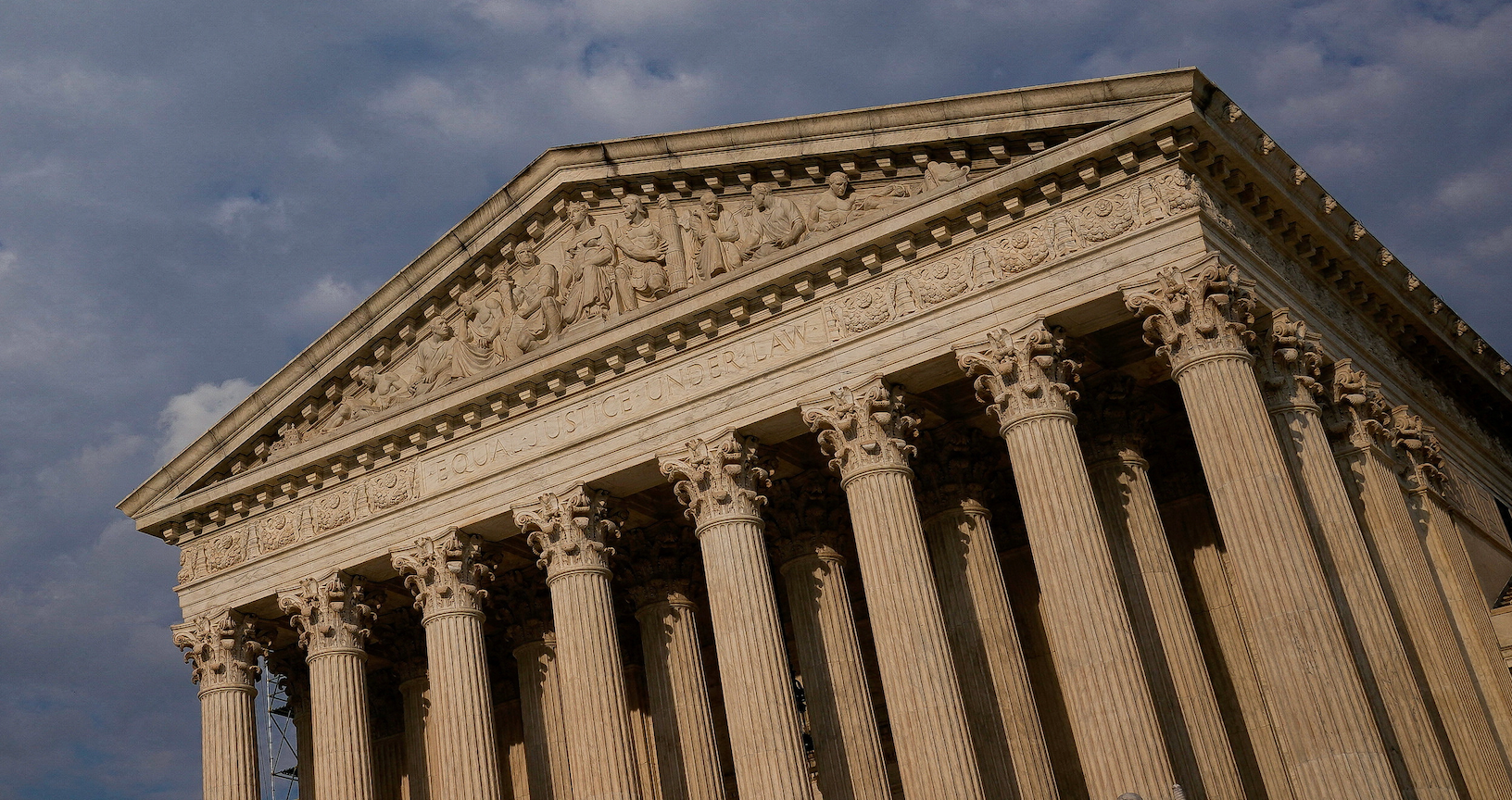
US Supreme Court strikes down university race-conscious admissions policies
PHOTO CAPTION: The U.S. Supreme Court building is seen in Washington, U.S., April 6, 2023. REUTERS/Elizabeth Frantz
By Andrew Chung
(Reuters) - The U.S. Supreme Court on Thursday struck down race-conscious student admissions programs currently used at Harvard University and the University of North Carolina in a sharp setback to affirmative action policies often used increase the number of Black, Hispanic and other underrepresented minority groups on campuses.
The justices ruled in favor of a group called Students for Fair Admissions, founded by anti-affirmative action activist Edward Blum, in its appeal of lower court rulings upholding programs used at the two prestigious schools to foster a diverse student population.
The affirmative action cases represented the latest major rulings powered by the Supreme Court's conservative majority. The court in June 2022 overturned the 1973 Roe v. Wade decision that had legalized abortion nationwide and widened gun rights in a pair of landmark rulings.
Many institutions of higher education, corporations and military leaders have long backed affirmative action on campuses not simply to remedy racial inequity and exclusion in American life but to ensure a talent pool that can bring a range of perspectives to the workplace and U.S. armed forces ranks.
According to Harvard, around 40% of U.S. colleges and universities consider race in some fashion.
Harvard and UNC have said they use race as only one factor in a host of individualized evaluations for admission without quotas - permissible under previous Supreme Court precedents - and that curbing its consideration would cause a significant drop in enrollment of students from under-represented groups.
Critics, who have tried to topple these policies for decades, argue these policies are themselves discriminatory.
Many U.S. conservatives and Republican elected officials have argued that giving advantages to one race is unconstitutional regardless of the motivation or circumstances. Some have advanced the argument that remedial preferences are no longer needed because America has moved beyond racist policies of the past such as segregation and is becoming increasingly diverse.
The dispute presented the Supreme Court's conservative majority an opportunity to overturn its prior rulings allowing race-conscious admissions policies.
Blum's group in lawsuits filed in 2014 accused UNC of discriminating against white and Asian American applicants and Harvard of bias against Asian American applicants.
Students for Fair Admissions alleged that the adoption by UNC, a public university, of an admissions policy that is not race neutral violates the guarantee to equal protection of the law under the U.S. Constitution's 14th Amendment.
The group contended Harvard, a private university violated Title VI of a landmark federal law called the Civil Rights Act of 1964, which bars discrimination based on race, color or national origin under any program or activity receiving federal financial assistance.
Lower courts rejected the group's claims, prompting appeals to the U.S. Supreme Court asking the justices to overturn a key precedent holding that colleges could consider race as one factor in the admissions process because of the compelling interest of creating a diverse student body.
Affirmative action has withstood Supreme Court scrutiny for decades, most recently in a 2016 ruling involving a white student, backed by Blum, who sued the University of Texas after being rejected for admission.
The Supreme Court has shifted rightward since 2016 and now includes three justices who dissented in the University of Texas case and three new appointees by former Republican President Donald Trump.
(Reporting by Andrew Chung; Editing by Will Dunham)









